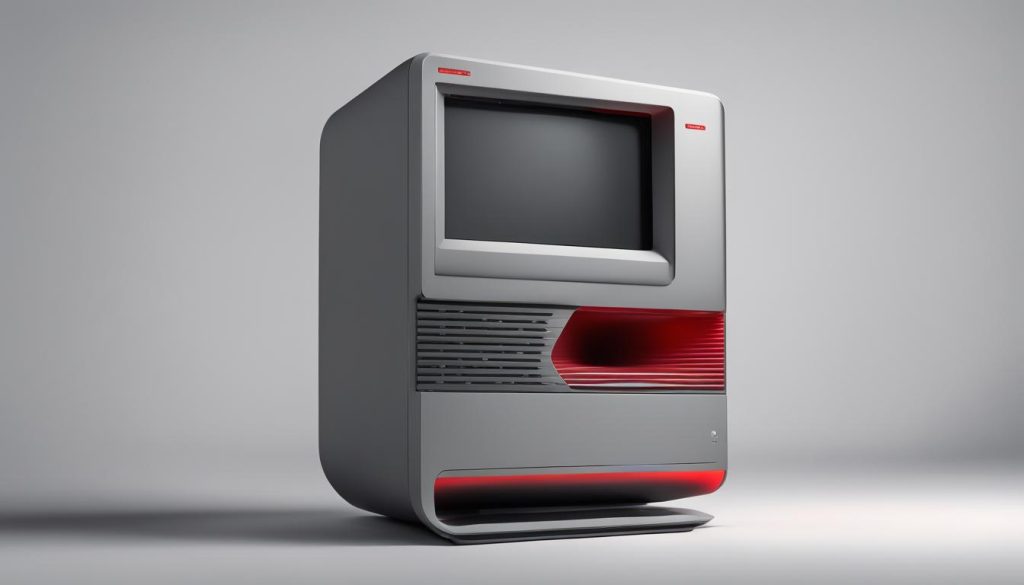Microsoft introduces Recall, a new feature for Windows-based PCs, using AI technology to automatically record and retrieve users’ digital activities. Despite its innovative functionality, concerns over privacy and data security have been raised by experts and organisations.
Microsoft has introduced a new feature called Recall for Windows-based personal computers, aiming to solve the common issue of lost digital files. Recall employs specialized artificial intelligence (AI) chips, known as neural processing units (NPUs), to automatically record most digital activities, providing users with instant flashbacks when needed. This feature takes frequent screenshots of users’ activities, storing text and still images to aid in locating lost files.
Recall enables users to search for specific content without needing conventional tags. For example, by describing an image, the AI can identify and retrieve it. This functionality promises to make data retrieval more efficient compared to current file search tools.
The feature is exclusive to new NPU-equipped Windows PCs, which will be offered by major manufacturers including Microsoft, Dell, HP, and Lenovo, starting at $1,000. Despite the excitement, some experts and organizations have raised concerns regarding privacy and security. Critics, including Tesla’s Elon Musk and the Electronic Frontier Foundation, argue that Recall could be a target for hackers and pose significant privacy risks.
Microsoft has addressed these concerns by allowing users to disable Recall, exclude specific sites from being recorded, and ensuring that all data remains on individual machines without being shared online. However, data security experts like Bruce Schneier express cautious skepticism, emphasizing the need for trust in such technologies.
The launch of Recall has sparked a mixed response, with some eager to adopt the innovative feature while others remain apprehensive about its implications for privacy and security.










